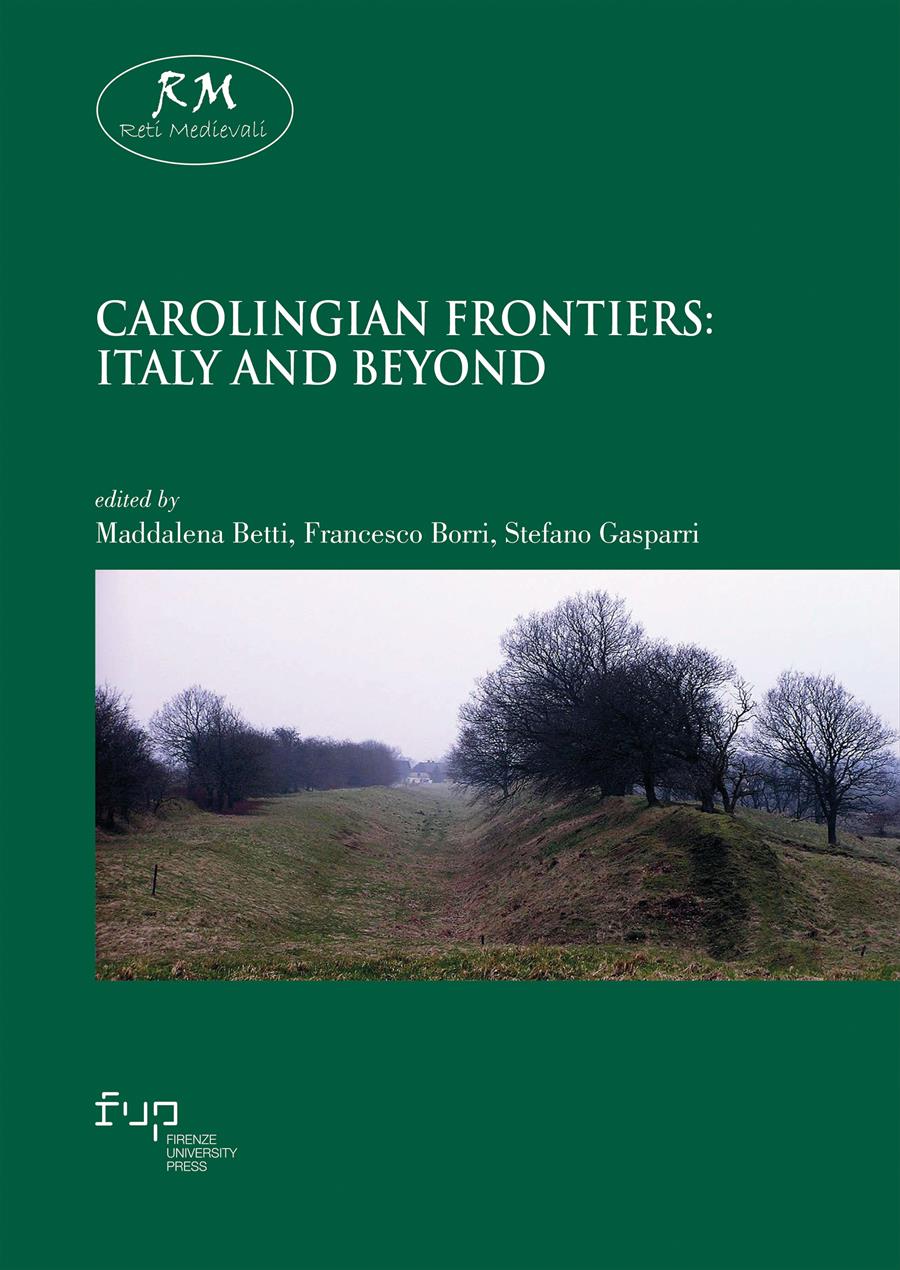- Carolingian Frontiers: Italy and Beyond
- Edited by Maddalena Betti, Francesco Borri, Stefano Gasparri
Conlusions
- Giuseppe Albertoni
- © 2024 Author(s) |
- CC BY 4.0
- DOI: 10.36253/979-12-215-0416-3.22
The summary provides an overview of the essays collected in this volume and places them in the context of research that has innovatively redefined the theme of the “frontier” in the Early Middle Ages in recent decades. In doing so, it shows how the concept of border is used in the essays not only in its political, but also in its ideological and cultural sense. Despite the diversity of perspectives and themes, however, a common feature emerges: the prevalence of “porous” and “blurred” borders that testify to a dynamic political and cultural reality that is constantly being redefined.
- Keywords:
- Middle Ages,
- 9th century,
- Carolingian Empire,
- Italy,
- frontiers,
- borders,
University of Trento, Italy - ORCID: 0000-0001-6670-7509
Chapter Information
Chapter Title
Conlusions
Authors
Giuseppe Albertoni
Language
English
DOI
10.36253/979-12-215-0416-3.22
Peer Reviewed
Publication Year
2024
Copyright Information
© 2024 Author(s)
Content License
Metadata License
Bibliographic Information
Book Title
Carolingian Frontiers: Italy and Beyond
Editors
Maddalena Betti, Francesco Borri, Stefano Gasparri
Peer Reviewed
Number of Pages
354
Publication Year
2024
Copyright Information
© 2024 Author(s)
Content License
Metadata License
Publisher Name
Firenze University Press
DOI
10.36253/979-12-215-0416-3
ISBN Print
979-12-215-0415-6
eISBN (pdf)
979-12-215-0416-3
eISBN (xml)
979-12-215-0418-7
Series Title
Reti Medievali E-Book
Series ISSN
2704-6362
Series E-ISSN
2704-6079
